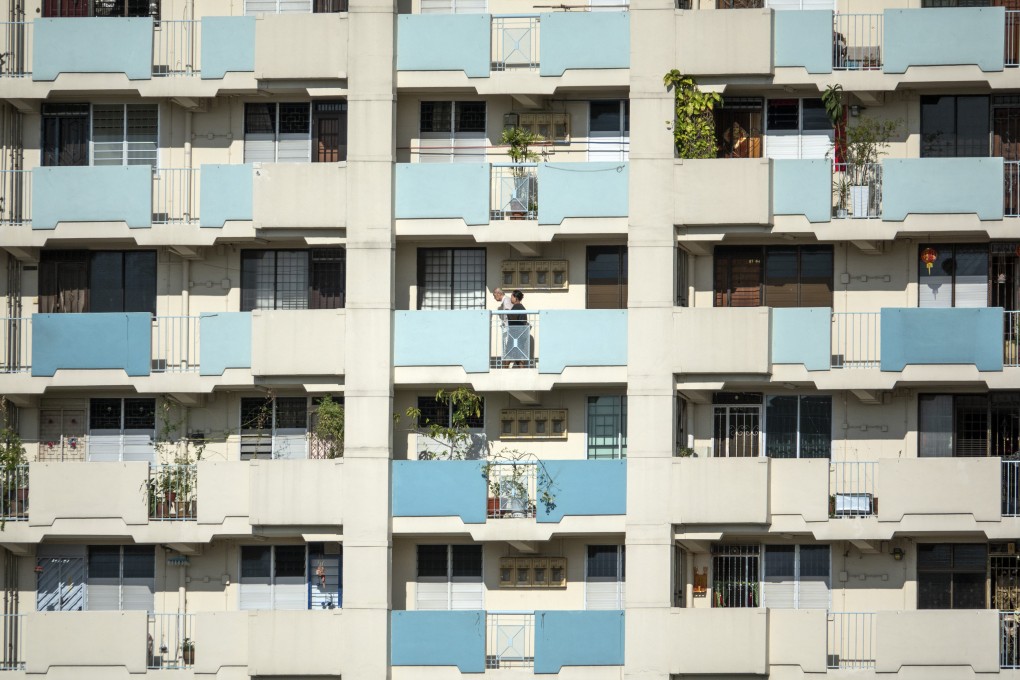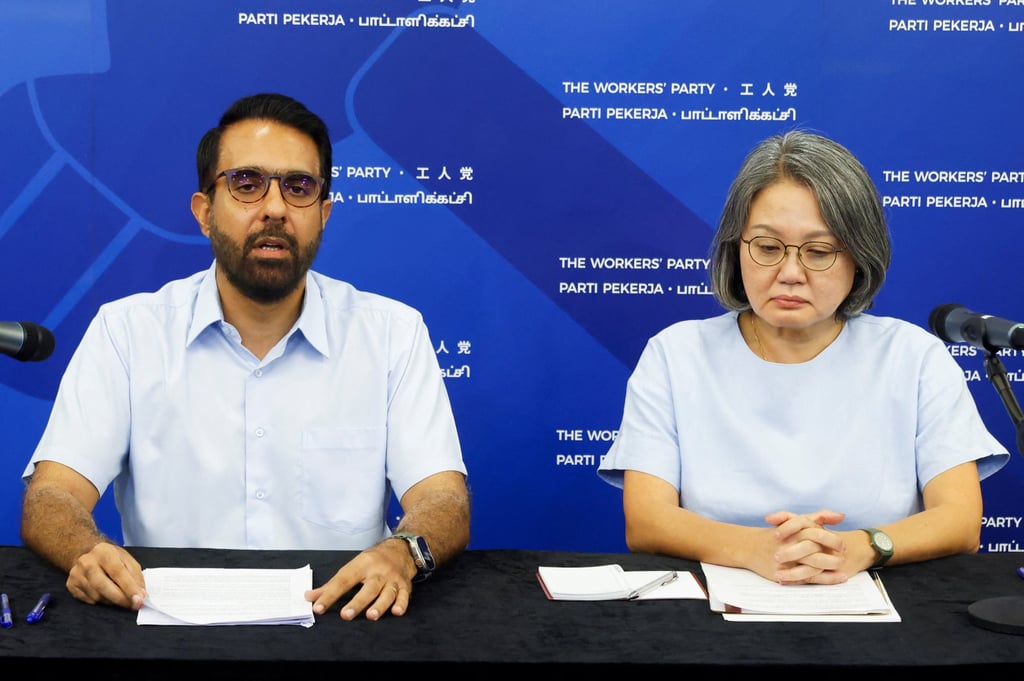Has Singapore’s ‘town council strategy’ to hamstring opposition parties run its course?
- Settlement of long-running dispute over town council management suggests ‘legal fatigue’ rather than political mileage, analysts note

After years of acrimony, thousands of man-hours and millions of dollars spent, a long, complex legal battle brought by two town councils against Singapore’s largest opposition party ended in a settlement this week, leaving several questions unanswered but few voters seem to care, say observers.
The legal suit that had its early antecedents after the Workers’ Party (WP) won its first multi-seat ward in Aljunied GRC in 2011 – an electoral breakthrough given how such jumbo constituencies were fortresses of the ruling People’s Action Party – has shown the limits of using town council management to tie up the opposition in knots, they say.
The two suits by the town councils – Aljunied-Hougang Town Council (AHTC) and Sengkang Town Council – that sued the WP for alleged mismanagement of S$33.7 million of municipal funds have been settled with the councils dropping their claims and all sides bearing their own legal costs.
The case had been mounted against eight parties, which included WP leader Sylvia Lim, opposition stalwart Low Thia Khiang and Leader of the Opposition Pritam Singh. The others include managing agent FM Solutions and Services (FMSS) and its owners How Weng Fan and her late husband Danny Loh.

However, in the years since the case went to court in 2018 and dozens of media reports later, the decision to reach a settlement suggests that “instead of garnering political mileage, it has culminated in legal fatigue”, according to Mustafa Izzuddin, a senior international-affairs analyst at consultancy Solaris Strategies Singapore.
“The political mileage that can be gotten out of this saga is limited and will not be the defining factor in determining the electoral outcome. As this saga has gone on for quite some time, there is legal fatigue coupled with it getting more expensive the longer the lawsuit gets dragged on,” he added.
